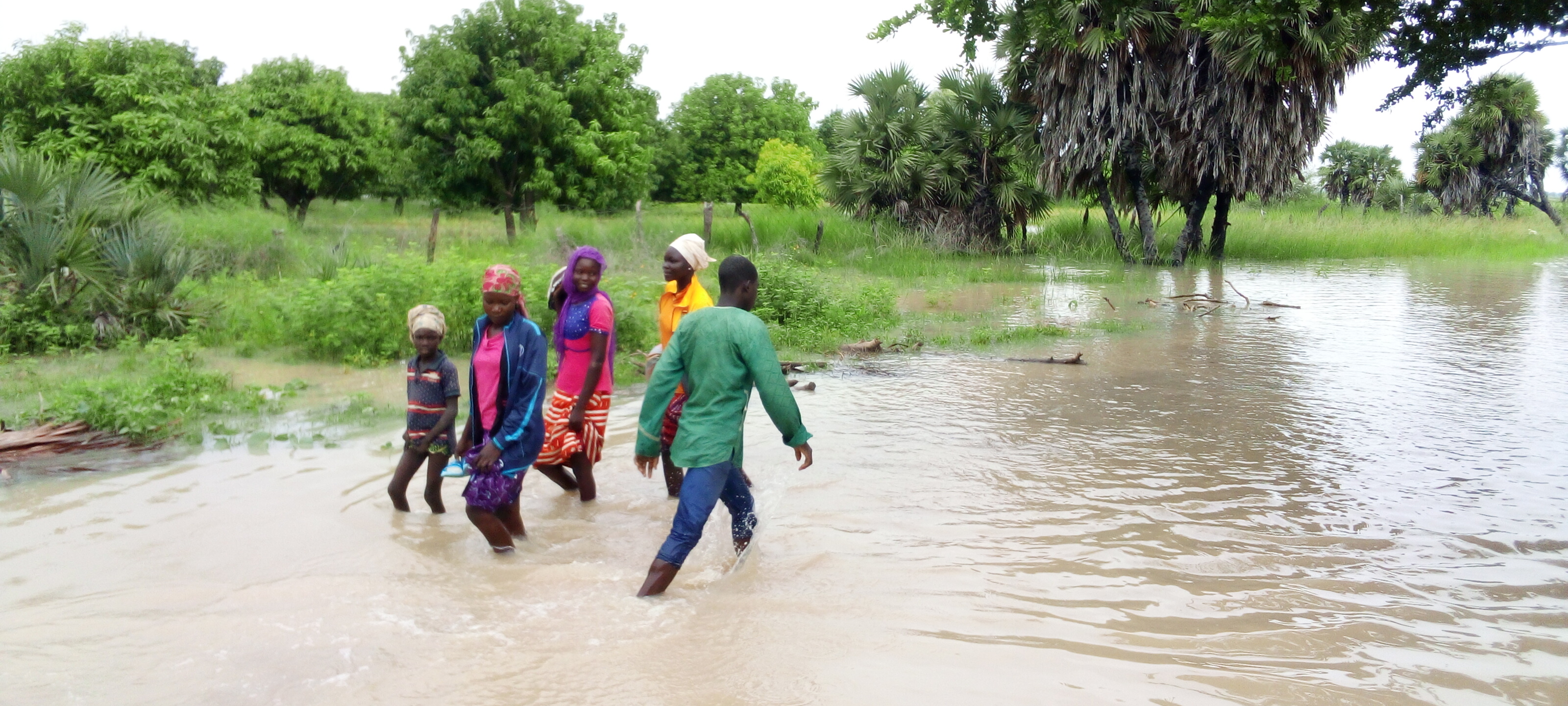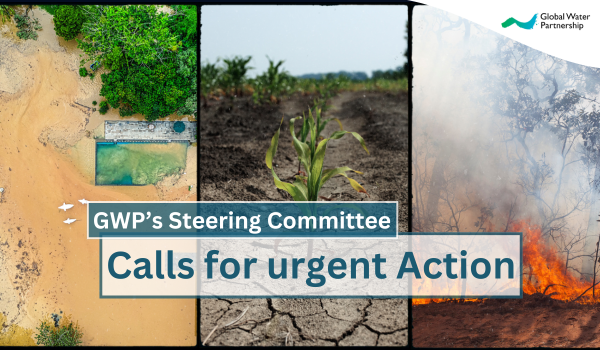Recent floods in Europe have displaced thousands, while North America, Canada and Africa have witnessed record rainfall, leading to devastating floods. In Central Africa, Cameroon faces heavy and frequent rainfall in the Far North Region that have led to the loss of over 8,000 homes, displacing over 200,000 people with recorded loss of human lives and livestock in September. Since late July, heavy rains have caused flooding in the 23 provinces in Chad, affecting 964,068 people, resulting in 145 deaths, and 70,000 houses destroyed. And according to (OCHA) in the month of August alone, flooding in the Central African Republic destroyed 500 infrastructures negatively impacting about 2700 people with the majority from the Mbomou division. In the last eight months, global economic damages from these floods alone may have already exceeded $100 billion USD.

Alongside flooding, other regions are simultaneously battling severe droughts and wildfires, further straining resources and compounding disaster recovery efforts. Latin America, especially Brazil and Argentina, has been hit by a dual crisis of drought and fires, with wildfires raging across the Amazon and drought affecting agricultural production. In Brazil, the drought in the southern regions has decimated crops, contributing to enormous damages. Argentina has faced similar challenges, with ongoing fires and droughts severely impacting its agricultural sector and causing damaging losses.
Africa is also reeling from simultaneous disasters, with countries like Kenya and Ethiopia suffering from prolonged droughts, threatening food security for millions of people. These droughts, paired with floods in other areas, highlight the devastating effects of climate change. In North America, Canada’s wildfire season, exacerbated by dry conditions and heatwaves, has displaced thousands of people from their homes. Similarly, wildfires in the United States have caused billions in damages.
GWP emphasizes that while climate change is a driving factor behind these disasters, ineffective water and land management practices are significantly compounding the problem. From poor drainage systems to inadequate forest management, human mismanagement is worsening the impact of these disasters, making it clear that Integrated Water Resources Management (IWRM) is essential to building resilience and ensuring water security.
IWRM offers a holistic approach to managing water resources, balancing social, economic, and environmental needs while ensuring equitable water allocation, disaster preparedness, and recovery strategies. Without such an integrated approach, communities will continue to face recurring floods, droughts, and fires with devastating consequences.
GWP also stresses the importance of data-driven decision-making in managing these water-related crises. Advanced data analytics, real-time monitoring, and predictive modelling must be employed to anticipate and mitigate the effects of floods, droughts, and fires. In addition, democratizing stakeholder engagement and involving the masses in these management processes are key to ensuring the sustainability and effectiveness of water resource strategies.
GWP urges governments, businesses, and communities to prioritize IWRM and take immediate action to address water-related disasters. Collaboration across sectors, data-driven planning, and investments in sustainable infrastructure are essential steps to enhance resilience and ensure water security for all. With climate change accelerating the frequency and intensity of both floods and fires, the time for unified global action is now.
Only through comprehensive water and land management, combined with the active involvement of all stakeholders, can we ensure a future where communities are safeguarded from the impacts of these dual crises. The time to act is now.
The Steering Committee of the Global Water Partnership
Pablo Bereciartua, Chair
Nchedi Sophia Maphokga-Moripe, Vice Chair
Yamileth Astorga Espeleta
Ndey Sireng J Bakurin
Paulette Bynoe
Angel Cárdenas Sosa
Christopher A. Ilagan
Roula Majdalani
Atem S. Ramsundersingh
Adrian Sym
Carolina Tornesi MacKinnon
Jorge Werneck Lima
Jing Xu
